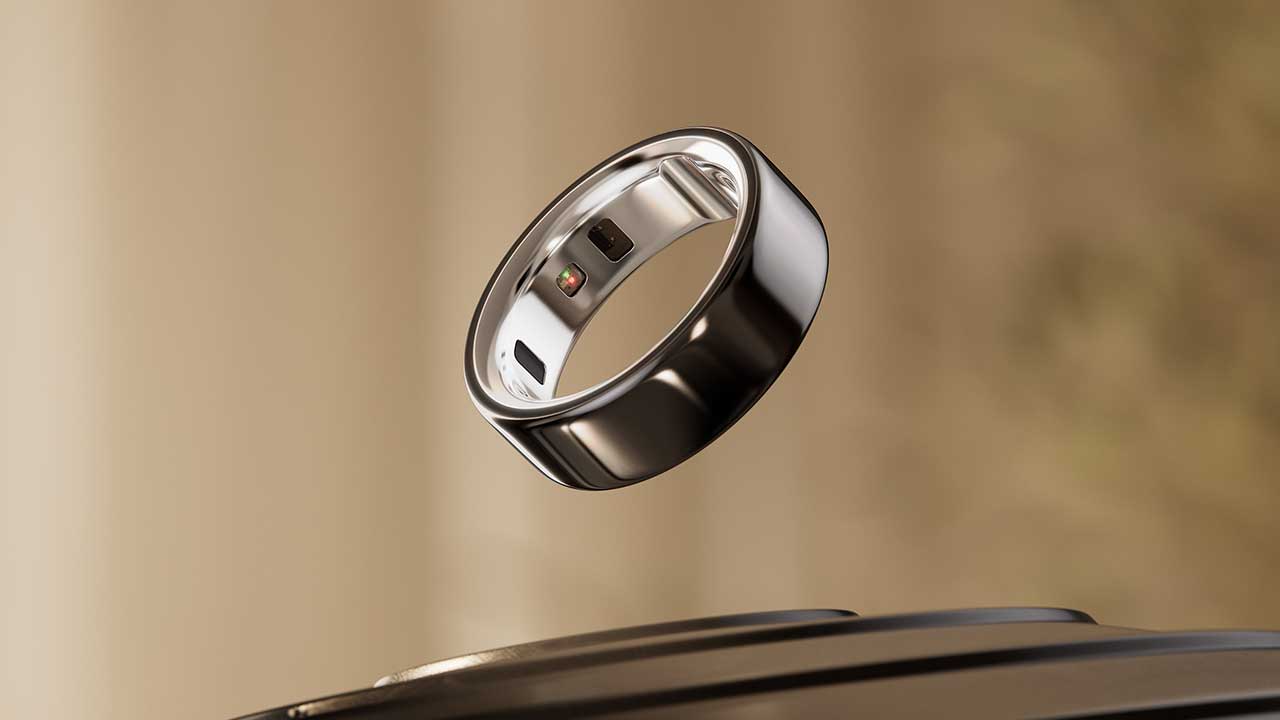

It all started innocently enough. After seeing many of my friends sporting one, I finally gave in and bought an Oura Ring—a sleek, unassuming piece of wearable tech that promised to transform me into a well-rested, more resilient version of myself. Sure, I liked the idea of tracking my sleep and stress levels, but I wasn’t expecting much of an epiphany. Certainly not one that involved bid- ding farewell to my beloved dirty martinis and glasses of Nebbiolo.
But here’s the thing about the Oura Ring: It doesn’t lie.
The first few mornings, I’d excitedly open the app to see how I was doing—improving sleep was my main goal. My readiness score? Meh. My sleep score? Yikes. After a particularly indulgent evening that included a couple of cocktails and a late-night snack, the app delivered its verdict: I was operating at what can only be described as zombie mode.
At first, I shrugged it off. But the allure of a perfect sleep score—a pristine, glowing badge of honor in the Oura app—was impossible to resist. I started making small adjustments: fewer nights spent scrolling on Instagram, earlier bedtimes, and, yes, fewer cocktails.
Then something unexpected happened. One night, I skipped the wine at dinner, opting for sparkling water instead. The next morning, my Oura scores were… spectacular.
The data made it clear: Alcohol was tanking my scores.
I wasn’t alone in this realization. Several of my friends, also proud Oura Ring owners, were having similar revelations. One scaled back on happy hour outings to make sure she could make it to 6 a.m. Pilates classes without hitting snooze, while another swapped their Friday night wine habit for a good book and a mug of tea.
It turns out the sober curious movement is booming. A 2024 analysis by NCSolutions found that 41 percent of Americans plan to drink less alcohol this year, and among Gen Z, interest in going alcohol-free has surged by 53 percent compared to the previous year. Nearly 40 percent of U.S. consumers now follow or dabble in a sober curious lifestyle, with physical and mental health topping the list of motivators, according to Mintel research. Challenges like Dry January are also gaining traction—nearly half of participants report drinking less afterward, with some even choosing permanent abstinence.
The better my scores, the better I felt. My energy skyrocketed, my skin glowed, and I stopped relying on caffeine to survive the afternoons (that doesn’t mean I’ve given up my morning boost, though!). Even my mental health improved—good sleep and high resilience scores have a way of making life’s little annoyances feel more manageable.
That’s not to say I’ve gone full ascetic. I still enjoy the occasional glass of wine or celebratory cocktail, but now it’s intentional rather than habitual. When I do indulge, I weigh the trade-off. Will that second margarita be worth a subpar score tomorrow? Sometimes, yes. But often, no.
So here I am, unintentionally sober-ish and thriving. If you spot me out to dinner sipping club soda or mint tea, just know — I’m likely busy chasing the perfect sleep score.














